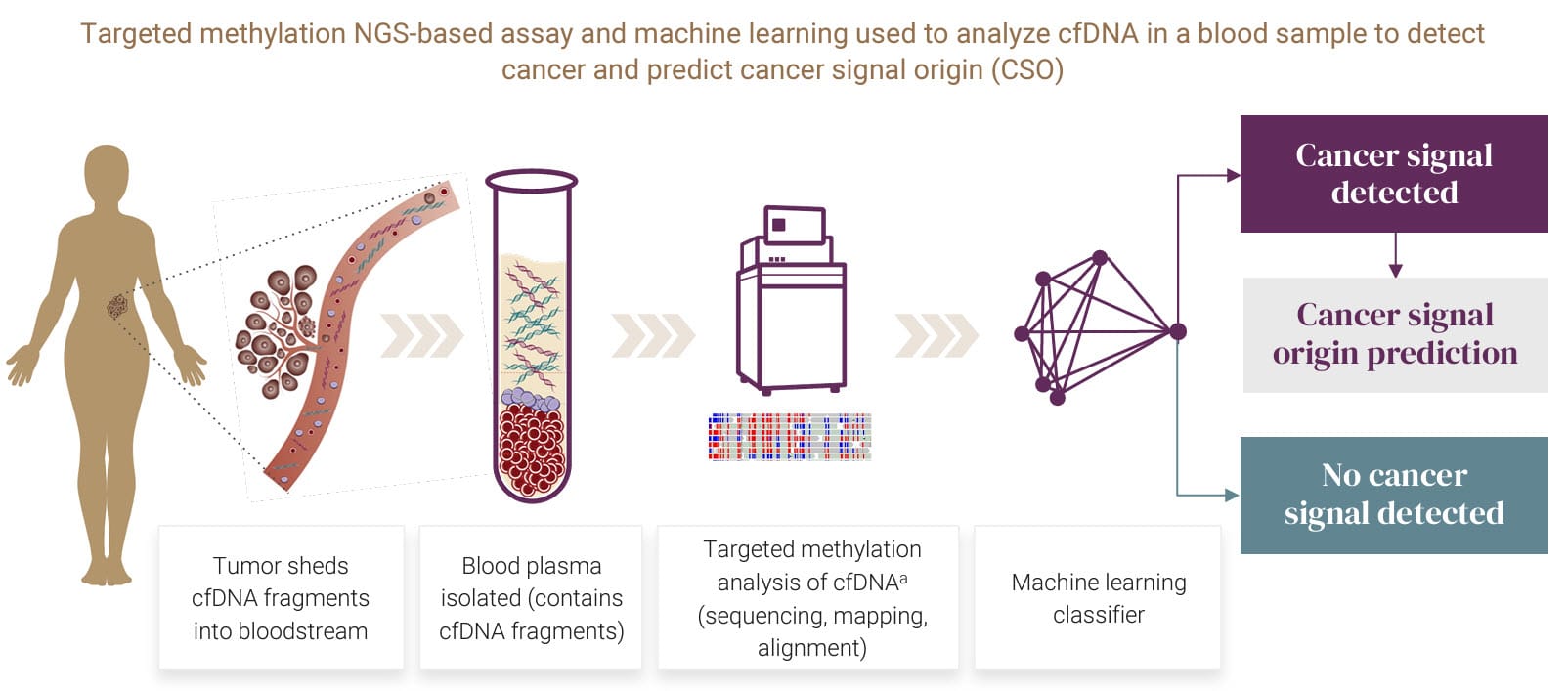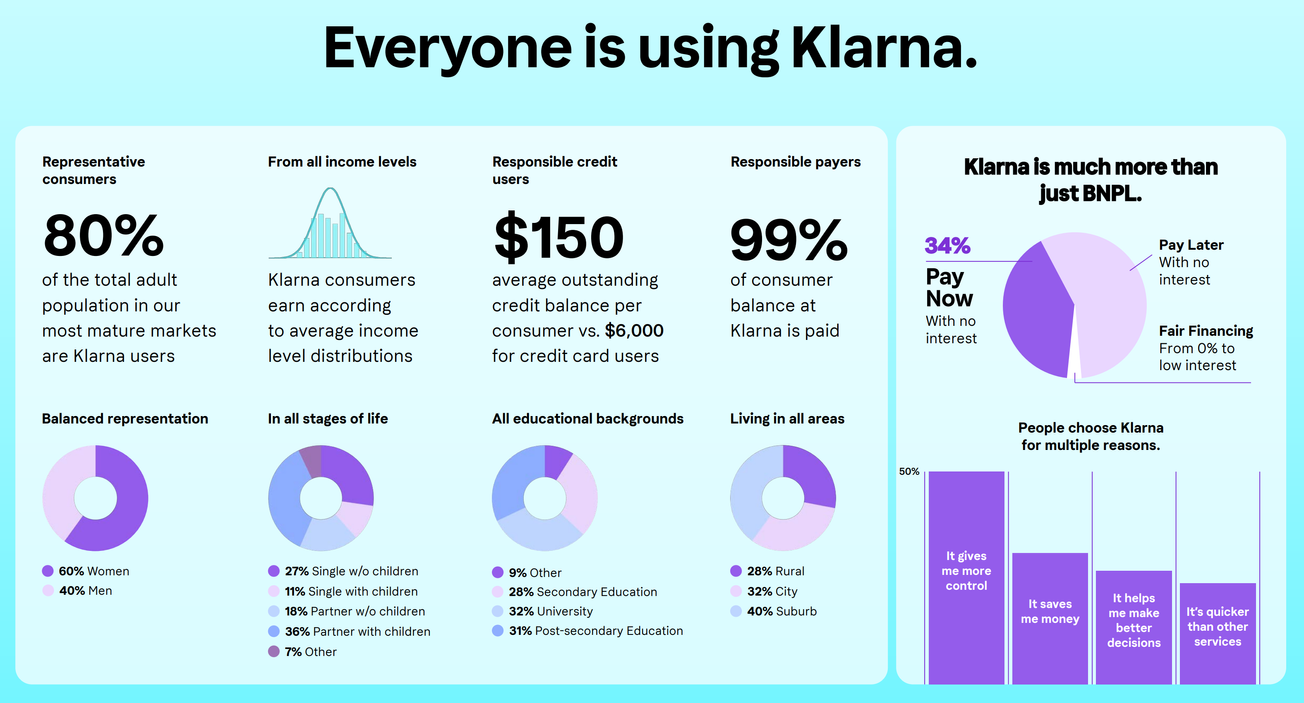A few years back, Grail made waves with its bold claim of a comprehensive early cancer detection solution. The buzz was so strong that an $8B IPO was whispered until Illumina brought the investment in-house.
That dramatically oversimplifies a saga of transactions, challenges, and shady dealings that have beset the company over the years. The conclusion is a public market debut for the shares, with current “parent” Illumina maintaining a 14.5% stake and planning to extract ongoing royalties if and when the company hits a commercial stride.
There has been progress, but it’s been slow. Implementing a plan is much more complicated than creating a slide deck. It's also not a panacea. Some cancers will always avoid detection via a single test. Critics can poke some holes in the Grail product, but it still represents a significant advance in early-stage cancer screening—and this is not just in terms of effectiveness but also of cost.
Still, “Multi-Cancer Early Detection” or “MCED” would be an excellent tool to have in dealing with cancer. Today, we detect cancers one at a time and relatively late in the cycle when treatment costs are higher and the prognosis is poor.
It’s a hard problem. There are lots of different types of cancers, and many are rare. False positives and negatives are common. If a doctor wanted to screen a patient for the most common cancers, it would involve a blood test (prostate) or cytology (cervical), a CT scan (lung), mammography (breast), and a colonoscopy (colorectal). There’s also about a better than 1 in 10 chance that the patient will end up with a false positive result and require even more testing. The upshot is that we don’t do it.
Grail has an existing business driven by self-paid and self-insured customers for its testing today. At $100M and growing at 30%+, it's not a bad business and might support the current market value alone. That leaves MCED as a sizeable free option for current investors.
The Science and The Promise
Cancer cells shed substances into the bloodstream that can be used to detect their presence. The approach calls for detecting “methylation” signals, which can be considered a “fingerprint” for different types of cancer in the body.
This broad “methylation panel” is the special sauce of the diagnostic procedure and is enhanced with data analysis and AI/ML methods to improve its effectiveness.

There’s understandable excitement about having a broad cancer screening tool that could become part of routine preventative medical care. The high cost of treatment and substantial mortality makes spending on early diagnosis likely to generate a very high ROI, even for stingy payers. It’s not hard to picture payers requiring an annual broad cancer screen like Galleri on a period basis since they are “on the hook” for what can be millions of dollars of treatment costs if patients wait for symptoms to be present.
Grail hopes to get approval and reimbursement for its Galleri MCED blood test, which would significantly upgrade the cancer detection and treatment standard of care.
Although most discussions of Grail have focused on the big "home run" from population-based testing in the US, there is a real business in paid testing and targeted oncology that can support near-term fundamentals.
The UK deal with the NHS illustrates some international potential. Management states that nothing from the UK/NHS activity is in the guidance, so if it occurs, it will be additive to the model (although at lower GM but OM on par with the rest of the business.)
How big could it be? Lab testing is a large US TAM of $20B+ (using CDC numbers and haircutting it some). MCED would be a new annual test that could become a routine element of recommended care. A conservative figure would be 10M tests/year, generating revenues of ~$5B and operating profits of ~$500M. That's far from an upper limit, but given the current market cap, there is little reason to try and come up with larger figures.
Valuation and Stock Conclusion
Grail will have to wait before it gets approved for widespread commercial use and can be reimbursed by health plans. However, approved US and UK trials will provide essential readouts in the next year or two. The first step is FDA approval, followed by coverage by large health plans and eventual coverage by CMS/Medicare.
Let's look more closely at different scenarios.









